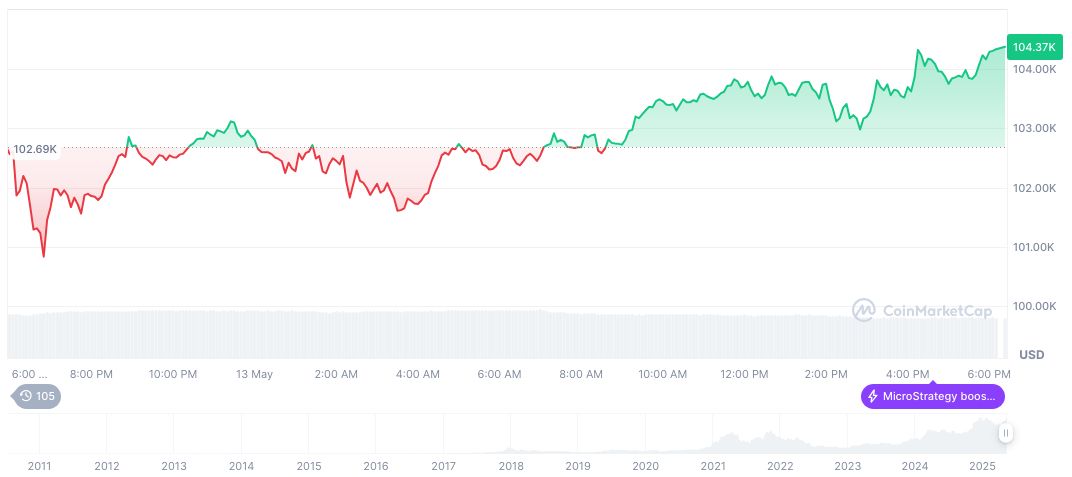- U.S. House committee passes significant tax cut plan.
- Bill aims for $3.8 trillion cuts over 10 years.
- Potential macroeconomic effects on markets and assets.
The U.S. House Ways and Means Committee, led by Chairman Jason Smith, has approved the $3.8 trillion Trump tax cut plan in a party-line vote.
This move, advancing major tax legislation, could impact federal funding and potentially affect market dynamics.
House Approval Sparks Bipartisan Debate on $3.8 Trillion Cuts
The U.S. House Ways and Means Committee passed the major tax cut plan, which follows the historic Tax Cuts and Jobs Act of 2017. Led by Chairman Jason Smith, Republicans secured a 26-19 vote. Opposing the move strongly were Democrats, led by Richard Neal, who criticized the plan’s potential effects on budget deficits.
Should the proposed tax cuts be enacted, fiscal policies would adjust significantly. Spanning a decade, the cuts are projected at approximately $3.8 trillion, prompting concerns about their impacts on federal funding.
“If we don’t deliver on this, every single American — 207 million taxpayers — will face a 22% tax increase. So failure is not an option.” — Jason Smith
Public discourse heightened following statements from key figures. Jason Smith emphasized that failure is not an option, while Richard Neal described the initiative as a significant benefit for wealthier Americans. These contrasting views have fueled a debate on long-term economic impacts, primarily on equity and digital markets. Further reactions can be viewed in Chip Roy’s Twitter post on political insights.
Bitcoin Steady Amidst Federal Tax Legislation Developments
Did you know? The 2017 Tax Cuts and Jobs Act resulted in a notable uptick in stock market activity, highlighting how major tax legislation can sway investor sentiment, potentially influencing digital asset trends too.
Bitcoin (BTC), dominating 61.37% of the crypto market, stands at $104,122.80, driven by a $49.03 billion trading volume. While BTC has gained 22.24% over the last 30 days, current market shifts remain unlinked to U.S. fiscal policy moves. (Data sourced from CoinMarketCap.)
Coincu research suggests that any long-standing fiscal changes may indirectly alter crypto market behaviors. Analytical models highlight the potential for increased risk appetites under altered U.S. economic policies. Further developments warrant close observation given current global market conditions. Detailed analysis can be accessed via the CBO emails related to reconciliation scores analysis.
Source: https://coincu.com/337602-us-house-passes-tax-cut/

